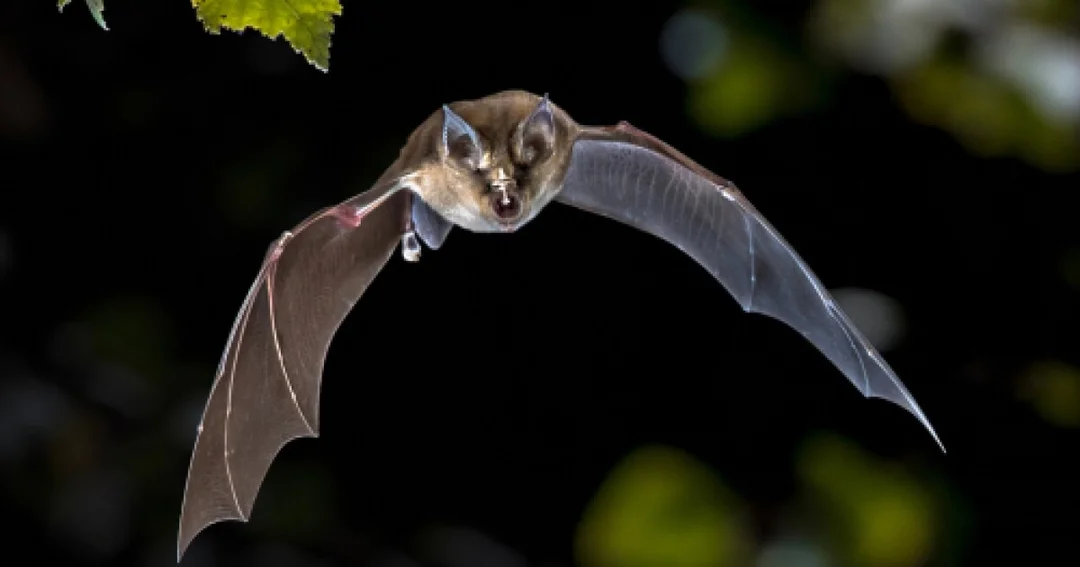
Preventing Rabies: Awareness and Action Following Recent Bat Incidents
In recent weeks, the discovery of rabies-infected bats in the United States has raised alarm among wildlife officials and the public. The most notable case occurred at the San Diego Zoo Safari Park, where a wild bat tested positive for rabies. This incident serves as an important reminder of the critical need for awareness surrounding this deadly virus.
A wild bat was found near a public elevator in the African Loop of the Safari Park, prompting public health officials to issue a call for any visitors who may have come into contact with it to reach out to the County Public Health Services. "Human rabies is usually fatal without prompt post-exposure vaccine and treatment," warned Dr. Ankita Kadakia, the county's interim public health officer. This emphasizes the urgency of immediate medical attention for anyone who may have touched the bat.
Rabies, an aggressive viral disease, typically affects mammals and is often transmitted through bites or contact with saliva. These recent discoveries underline that while bats are crucial to the ecosystem, they can also pose significant health risks if proper precautions are not taken. Indeed, another recent case in Mississippi highlighted the importance of vaccination as a preventive measure against rabies, with the state's first confirmed case in a decade occurring in a bat. Two puppies were quarantined after potential exposure.
Dr. Carla Huston of Mississippi State University noted that rabies originating from bats is the most common form seen in the U.S., but transmission remains relatively rare for common pets. However, she warned that the risk increases if people do not take proper precautions, especially when it comes to interaction with wildlife. Vaccination plays a key role in safeguarding both pets and the people who own them.
Health departments across the nation are urging pet owners to maintain updated rabies vaccinations for their animals. As Dr. Jim Watson from the Mississippi Board of Animal Health has pointed out, timely vaccinations are critical to protecting both pets and communities from rabies threats. In Mississippi, the law mandates rabies vaccinations for dogs, cats, and ferrets beginning at three months old, again underscoring the need for pet owners to stay vigilant.
As public health officials continue to monitor rabies cases, they remind us all of the importance of respecting wildlife and avoiding contact with wild animals—whether they are live or dead. If a bat is found on residential property, it should be reported to the appropriate health authorities immediately.
In light of these alarming events, it prompts us to ask: How can we better educate ourselves and our communities about the risks associated with rabies? What steps will you take to ensure your pets are protected and your awareness heightened?
We encourage readers to engage and share their thoughts or experiences regarding rabies prevention in the comments below. Together, we can work towards a safer coexistence with our wildlife neighbors.